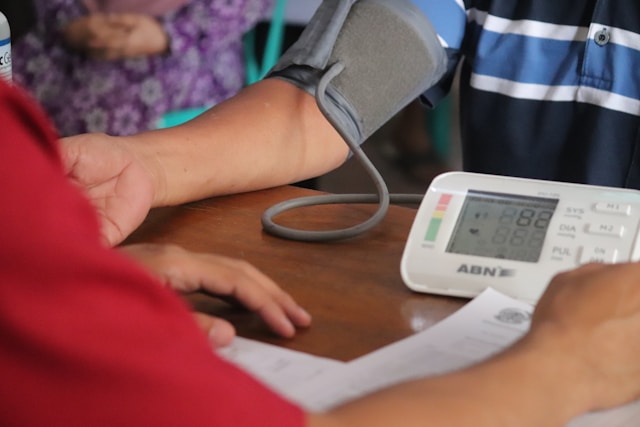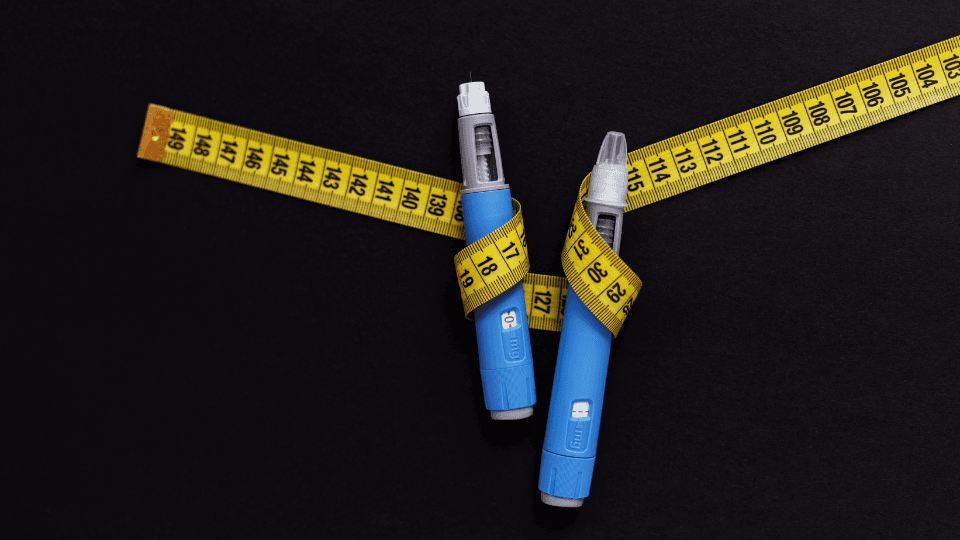Back
14 Nov 2021
Long COVID: A short take

Dr Jarrad Van Zuydam | Sports Physician
Pre-pandemic, the term “long-haul” conjured up images of cramped seating, aeroplane food, and a stranger asleep with their head on your shoulder. But with few of us doing any flying recently, long-haulers of a different sort have emerged.
Shouldn’t I feel better by now?
For many people, COVID-19 is a relatively short-lived illness. Complete recovery is generally expected between 2 and 6 weeks after the appearance of symptoms. But as knowledge of the illness has progressed, it has become clear that this is often not the case. Between 25% and 30% of COVID sufferers go on to experience symptoms for longer than 60 days. Women seem more likely to report ongoing symptoms. They accounted for 72% of COVID-19 long-haulers in one study. Worryingly, nearly one-third of long-haulers had been asymptomatic at the time they tested positive for the coronavirus.
Common long-haul symptoms
Long COVID is still loosely defined, but several symptoms are common in those complaining of prolonged recovery:
Shortness of breath during exercise or intolerance to exercise
An altered sense of smell and taste
Lingering headache, joint pain, or cough
“Brain fog”
Ongoing fatigue, often severe
Mood disturbances
Some patients describe their symptoms as coming in waves with periods of no or mild symptoms interspersed with periods of more severe symptoms and crushing fatigue.
“Brain fog” is not a medical term, but it seems well suited to describe the symptoms of cognitive fatigue and difficulty with attention and focus that many people are describing as a long-term effect. These cognitive effects can make performing in the workplace a real struggle.
Dealing with symptoms
Unfortunately, there is no specific treatment or medication for the symptoms of long-COVID but the symptoms do tend to get milder with time and many people go on to full recovery over a period of months.
It is important to listen to your body and allow yourself the time to recover. Returning to work or exercise too soon can put the body under added stress and delay recovery further. Good quality sleep is essential during this period and must be prioritised. Healthy nutrition will give your body the building blocks needed for complete recovery, so avoid any processed foods, fast foods, or sugary snacks. Choose whole foods with plenty of colourful vegetables and healthy protein sources. Drink adequate quantities of water.
Returning to exercise can be especially challenging due to fatigue, breathing difficulties, or racing heart rate. A visit with your family doctor or sports physician for an examination and ECG is necessary to exclude any more serious COVID complications before a very gradual return to physical activity, as symptoms allow. Short walks are a good place to start.
Long-COVID has a prominent effect on your mental health too, so don’t forget to include this component in your recovery plan. Breathing exercises, meditation, yoga, and social activities all have their place and may benefit you on your recovery journey.
And remember, you are not alone. Thousands of other people are going through a similar situation. Reach out to us and we’ll put you in touch with one of many support groups popping up.













